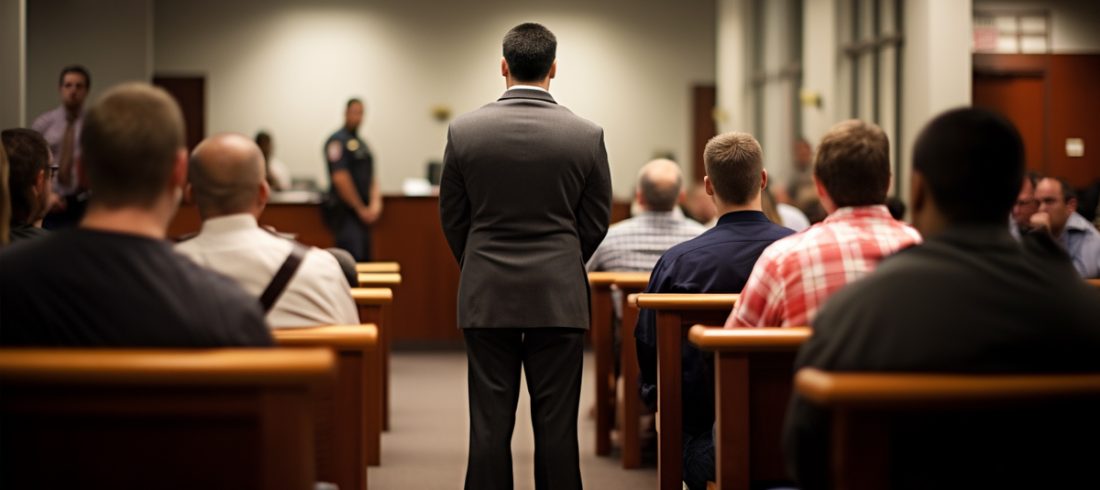In May 2020, several House members raised questions about the controversial citizen’s arrest statute in South Carolina. Some SC lawmakers would like to get rid of it entirely because in its current revision, not only does the law give people the power to arrest someone who is thought to have committed a crime – SC takes the law a step further in some cases by allowing lethal force.
Published in SC Lawyer, the periodical put out by the South Carolina Bar Association, Attorney T. Jarrett Bouchette examines the historical background of controversial citizens’ arrest statutes in his article, “Citizen’s Arrest in South Carolina: Shield or Sword”. With the exception of the legal force provision, one can surmise that the statute as it is written does comport with longstanding common law principles, but the problem is that the lethal force provision appears to go beyond what was even part of the common law.
Mr. Bouchette states, “Over time, the right became one which contained numerous subtle distinctions and nuances. For example, there were distinctions between the rights afforded a non-citizen making arrest and a government official, as well as when the suspect is an accused felon vs. a non felony, as well as the level of force that could be used. There was even law that addressed what happened when the arrest resulted in the death of a suspect. In 1833 the Court of Appeals of Law and Equity of South Carolina noted in State v. Anderson – 19 S.C.L. (1 Hill) 327 (1833) that:
“private persons have a right to arrest on suspicion that a felony has been committed” but also that a “party had no right, either to break the doors or to kill—and if they have transcended their power, and in consequence, one is killed, it is only manslaughter”
Eventually, the states began to codify the common law, in varying forms. Today, the law in South Carolina is governed almost entirely by statute.”
The use of deadly force in making a citizen’s arrest should not be so easily confused with the self-defense provisions of the stand your ground act. Some opponents of the citizen’s arrest statute use these two laws to illustrate the different scenarios and to justify – in their view – the need to abolish the former while maintaining the latter.
While there is not a large number of cases in which killings have been excused under the statute, killings such as the Ahmaud Arbery death that occurred in Georgia, serve as a warning of the possible unintended scenarios in which the statute could be applied.
As the recently proposed legislation makes its way through the SC State House, legislators will have to evaluate these issues – and if the statute is modified it will be done in a way that preserves the protections necessary for property owners – while at the same time not protecting nor encouraging vigilantes.
Attorney T. Jarrett Bouchette is a trial attorney and shareholder in the Floyd Law Firm. His experience is broad-based and includes bench and jury trials in both civil and criminal court with subject areas ranging from breach of contract and fraudulent inducement to criminal domestic violence and murder. He routinely handles complex civil matters involving business and contractual disputes, employment law matters, construction-related litigation (including defects and mechanics liens), and civil rights cases involving wrongful arrest, excessive force, and claims arising out of § 1983 U.S.C. Mr. Bouchette also currently serves as a board member of the South Carolina Association of Criminal Defense Lawyers (SCACDL) and is a member of the National College for DUI Defense.
More Information:
SC Lawmakers working to abolish “Citizen’s Arrest” law”
By Paola Tristan Arruda | May 15, 2020 WTOC Georgia, A Gray Media Group, Inc. Station
“South Carolina Citizens Arrest Law is 154 years Old with no record of success so why drop it now” Adam Benson. Charleston Post & Courrier. May 29th 2020
South Carolina Code of Laws Unannotated
Title 17 – Criminal Procedures CHAPTER 13 Arrest, Process, Searches and Seizures
SECTION 17-13-10. Circumstances when any person may arrest a felon or thief.





